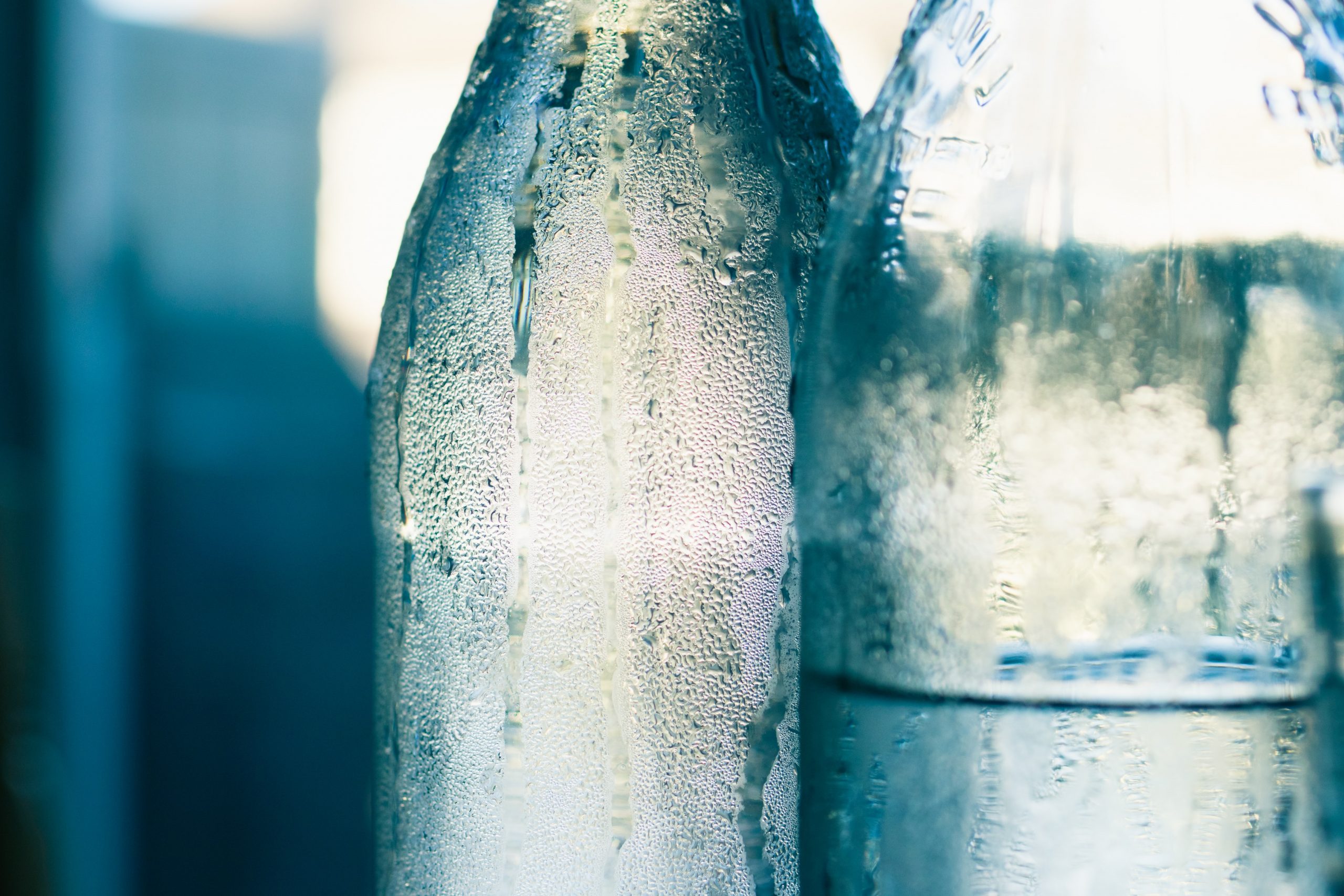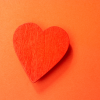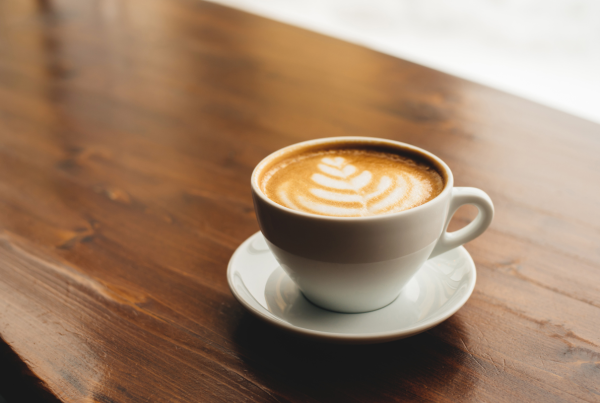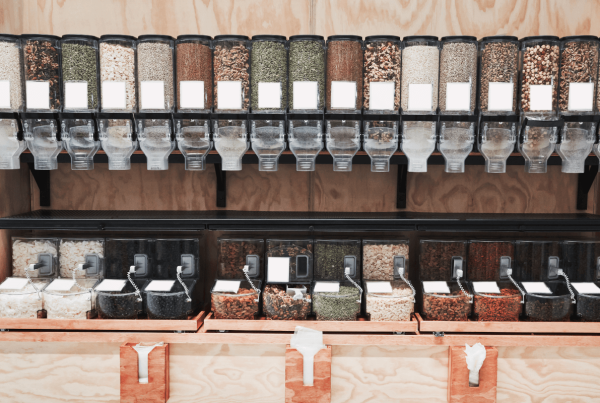Water is essential for maintaining the health of your body and brain. But why is it so important? What are the health benefits of proper hydration? To make sure you stay adequately hydrated in the summer and all year round, we’ve put together a list of answers to frequently asked questions about hydration.
1. What are the health benefits of proper hydration?
Water is essential and beneficial for the health of your body and mind. It helps support many functions of the human body, such as temperature regulation (through sweating), carrying nutrients through the blood, and waste elimination through urine.
Hydration also has an immediate effect on our mood and how alert we feel. Staying sufficiently hydrated helps us feel energized and perform better in daily tasks that require our attention and vigilance. Physical activity is a good example of this, since losing even the slightest amount of water (1% to 2% of our body weight) before or during physical activity can cause performance to decrease around 10%.
2. Hydration: How does it affect the body and brain?
Although around 60% of the human body is made up of water, the brain’s water content is close to 75%. To ensure that all organs are properly hydrated, several mechanisms work to maintain the balance of fluids throughout the body. Among these, one of the most important is thirst.
When our body is dehydrated, that is, when it lacks water, the brain sends signals to the hypothalamus. This part of the brain regulates a number of bodily functions, including hunger, body temperature, sleep, and… as you might have guessed—thirst. Indeed, feeling thirsty is your body’s way of letting you know that it’s time to hydrate.
3. What happens if I don’t drink when I’m thirsty?
If you don’t drink even though you feel thirsty, you will just keep getting more and more dehydrated. Studies show that even slight dehydration has an impact on cognitive functions such as memory, thinking, and emotional regulation. You will start to feel tired, then your mood will change, followed by a decrease in coordination and concentration, etc.
You may also experience uncomfortable physical sensations such as dry mouth, headaches, and nausea. It’s best to prevent dehydration, because severe dehydration can lead to more serious symptoms such as confusion and trouble breathing. Therefore, you should make sure to drink fluids throughout the day, before you start feeling thirsty. As we age, our sense of thirst diminishes and becomes less intense. This phenomenon is most likely the result of changes that occur in the hypothalamus, located in the brain. Even if you are healthy, you could end up forgetting to drink fluids more often than you used to. This puts seniors at greater risk of dehydration.
4. How much fluid should I drink each day?
Adults and seniors should consume at least 6 to 8 glasses of fluid a day (about 2 to 3 litres), including liquids found in water-rich foods such as vegetables, fruit, and soups. However, be careful not to exceed these recommendations, because drinking too much liquid can actually be harmful for your health.
If 2 to 3 litres sounds like a lot, keep in mind that it’s recommended to consume smaller amounts of water regularly throughout the day until you hit your goal. It’s not that hard! Here’s an example of what two (2) litres of fluids a day looks like:
- Drink a cup of tea in the morning and another in the late afternoon (2 cups/500 mL)
- Have a bowl of soup for dinner (1 cup/250 mL)
- Drink a glass of water with every snack or meal (around 5 x 1 cup/250 mL)
- Add a few pieces of fresh fruit and colourful veggies to your meals and snacks, and your goal is reached for the day!
5. Are there any other tips and tricks that might help me stay hydrated?
The internet is filled with tips and tricks to help you drink more fluids and stay properly hydrated. Here are a few:
- The urge to drink becomes more pronounced when you see a bottle, so place a few bottles of water in different places in your house or apartment.
- Drink small amounts of water frequently throughout the day. To avoid having to get up and go to the bathroom during the night, don’t drink too much in the evening.
- Limit the amount of caffeinated or alcoholic beverages you drink. These drinks increase urine production and therefore promote dehydration.
To stay even more hydrated: Try the following refreshing summer recipes!
- In the summer, it’s all about agua fresca!
- Watermelon and feta salad from Ricardo Cuisine.
- Strawberry rhubarb popsicles from Trois fois par jour. The perfect way to use up the last of summer’s berry crop!
- A homemade sports drink with local flavours, courtesy of Mélanie Olivier, sports nutritionist.








